MINSK, Jan 26, (V7N) – Belarus will hold a presidential election on Sunday, with longtime leader Alexander Lukashenko expected to secure a seventh term, extending his 30-year authoritarian rule. The 70-year-old president, often referred to as "Europe’s last dictator," has ruled Belarus since 1994 and faces no serious competition, with all political opponents either imprisoned or in exile.
This election marks the first since Lukashenko violently suppressed mass protests against alleged electoral fraud in 2020. The regime's response to those demonstrations included a sweeping crackdown, leaving over 1,000 people imprisoned and forcing tens of thousands to flee the country.
In a speech on Friday, Lukashenko declared the 2020 protests "a vaccine" that would prevent similar unrest. "Do not hope; we will never repeat what we had in 2020," he told supporters in Minsk during a heavily orchestrated event.
A Climate of Fear and Tight Control
Criticism of Lukashenko is banned in Belarus, and the candidates running against him are largely seen as handpicked to create an illusion of democracy. Most voters interviewed expressed support for the president but feared giving their full names due to the repressive political climate.
"I will vote for Lukashenko because things have improved since he became president," said Alexei, a farmer earning 300 euros a month in Gubichi. However, he, like many Belarusians, expressed concerns about the ongoing war in neighboring Ukraine.
In 2022, Belarus allowed Russian forces to launch part of their invasion of Ukraine from its territory and later accepted tactical nuclear weapons from Moscow. The regime’s narrative emphasizes that Lukashenko has maintained peace and order, contrasting this with the "chaos" it attributes to the 2020 protest leaders.
Exile and Opposition
The 2020 protests led to an exodus of approximately 300,000 Belarusians, many of whom settled in Poland and Lithuania. However, these exiles are barred from voting, as Belarus has eliminated overseas voting.
Exiled opposition leader Svetlana Tikhanovskaya dismissed the election as a "farce." Speaking to AFP earlier this month, she urged dissidents to prepare for future opportunities for change but acknowledged, "it is not the moment."
Her husband, Sergei Tikhanovsky, has been held incommunicado for nearly a year, highlighting the regime’s relentless persecution of its critics.
A Regime Reliant on Russia
Once adept at balancing relations between the European Union and Moscow, Lukashenko has become increasingly reliant on Russia since 2020, both politically and economically. The EU has denounced the upcoming election, with foreign policy chief Kaja Kallas labeling it a "sham" and stating Lukashenko "doesn't have any legitimacy."
Belarus continues to reflect its Soviet past, retaining symbols and structures such as the KGB and a state-planned economy. Lukashenko has scrapped the opposition’s white-red-white flag, instead promoting Soviet-style traditions like the "pyatiletka" (Five-Year Plan).
An Uncertain Future
While Lukashenko remains firmly in control, international isolation and reliance on Moscow leave Belarus facing an uncertain future. The opposition, though scattered and under pressure, continues to call for change, though a significant shift appears distant.
As voters head to the polls under the shadow of repression, the results are widely seen as predetermined, reinforcing Lukashenko’s grip on power for another term.
END/WD/RH/



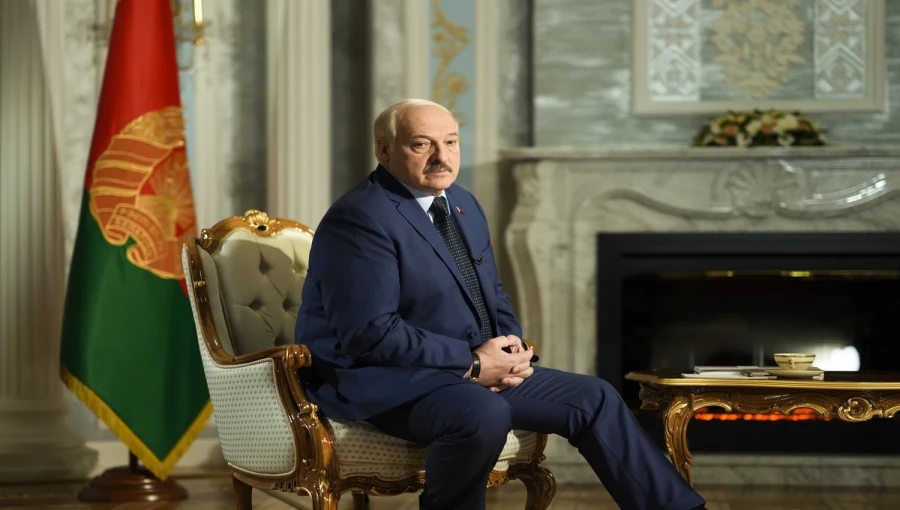
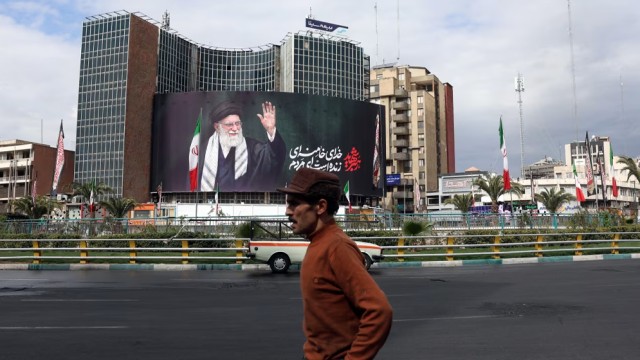
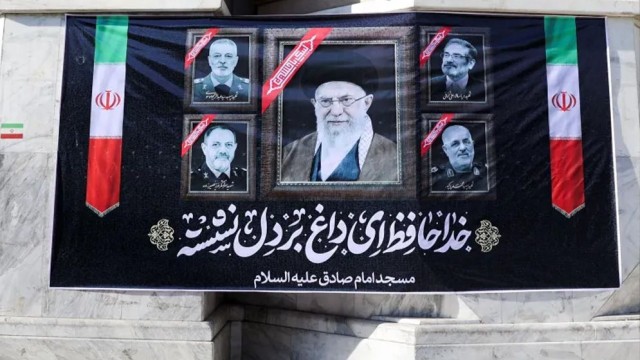
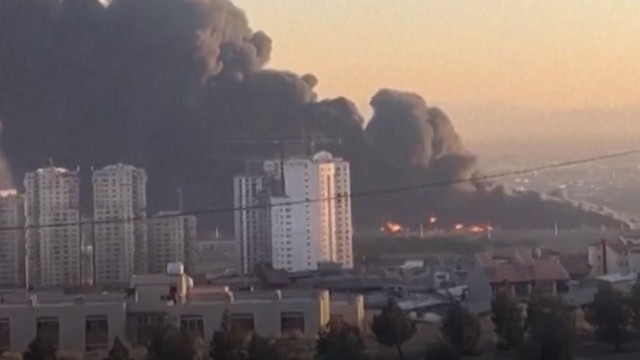
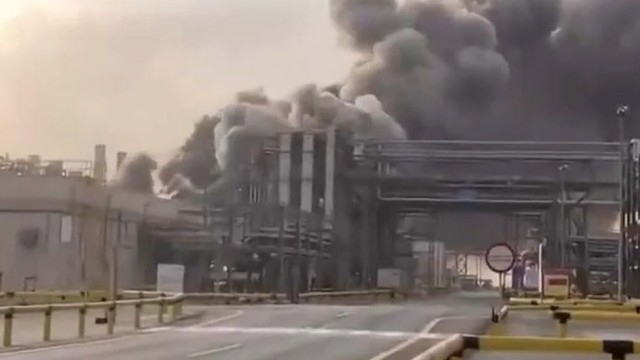
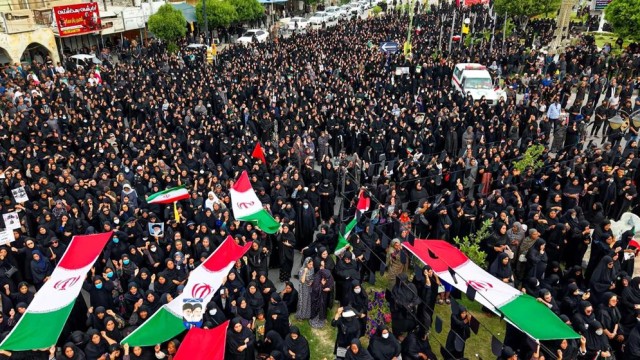
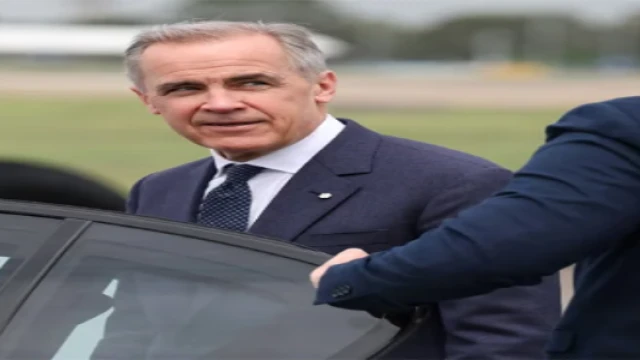
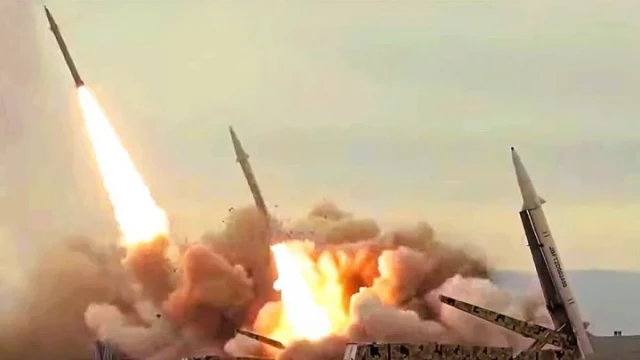
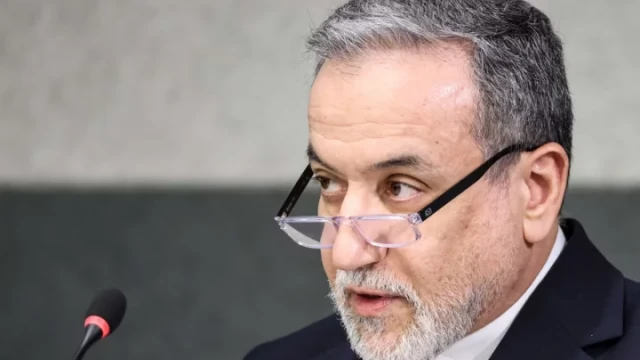
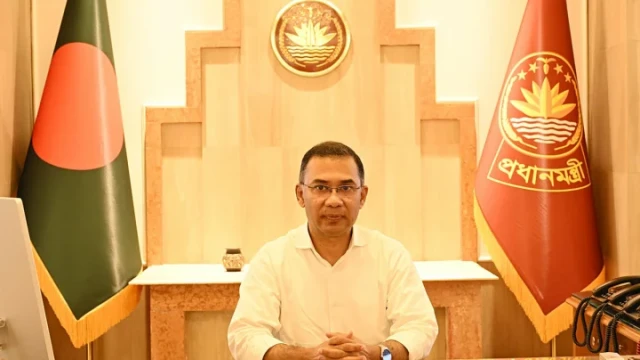

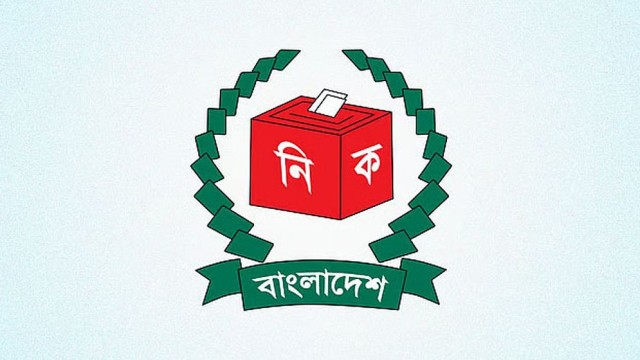
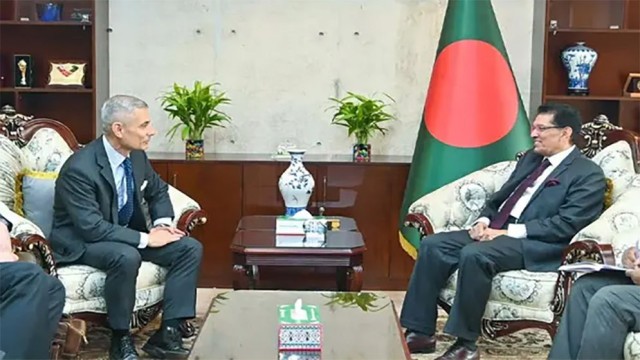
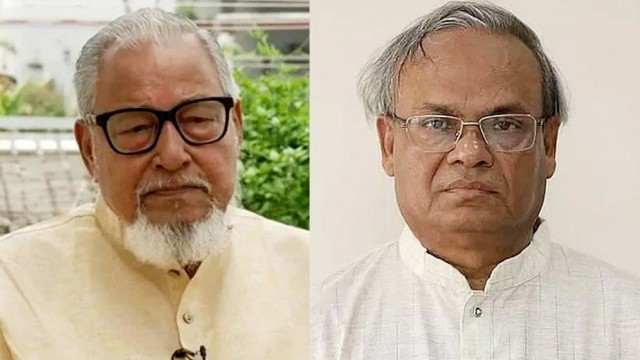
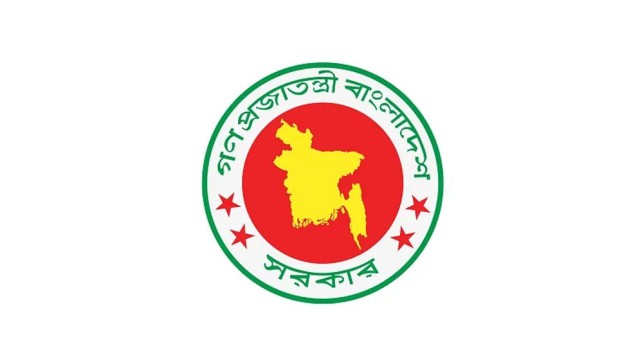











Comment: